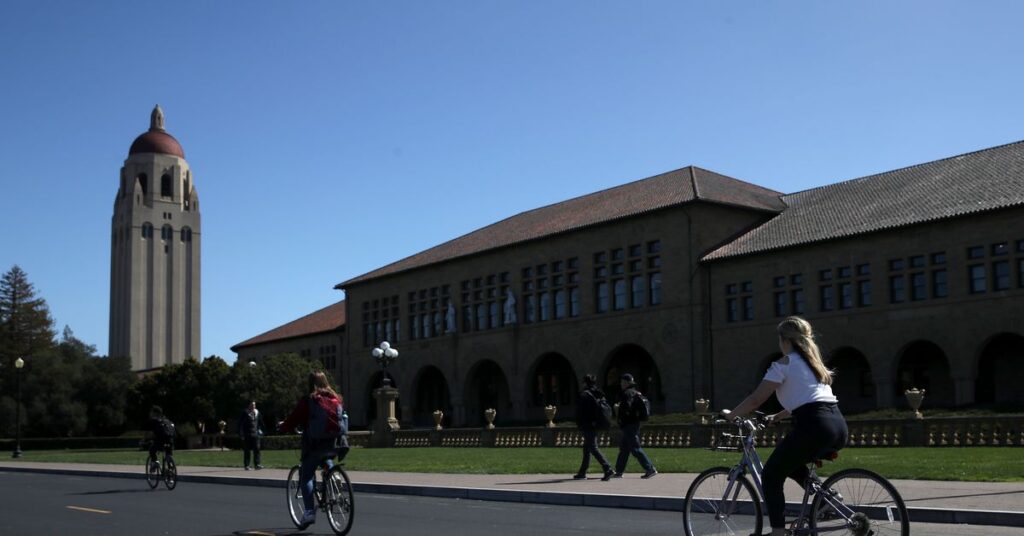On Thursday, what could be the single most important transgender rights case in American history reached the Supreme Court.
West Virginia v. B.P.J. asks the Supreme Court to address whether any government discrimination against transgender people is inherently suspect under the Constitution, and thus must be subject to “heightened scrutiny” by the courts. If the Supreme Court reaches this question, it will be the justices’ first decision on whether the Constitution provides broad protection against anti-trans discrimination (although the Court has held that a federal statute prohibits such discrimination by employers).
The determination that a marginalized group is protected by this heightened scrutiny is one of the most consequential decisions the Supreme Court can make. While trans advocates could still lobby Congress and their state legislatures to pass trans rights legislation even if they lose the B.P.J. case, winning it would offer the immense power of being able to invoke the Constitution as a shield. B.P.J. could determine whether transgender people may demand equal treatment from each of the 50 states, even if those states are governed by anti-trans officials who enact discriminatory laws.
B.P.J. arises on the Court’s seemingly ever-growing shadow docket, a process that allows the Court to resolve cases on a very tight time frame — sometimes handing down a decision in days, and forgoing the months of briefing, argument, and deliberation that normally proceed a Supreme Court decision.
And that tight time frame could matter.
By sheer coincidence, another (hopefully less consequential) story involving the legal community’s approach to trans rights played out on the other side of the country the same day B.P.J. arrived at the Court.
Judge Kyle Duncan, a Trump appointee to a federal appeals court and an unusually outspoken opponent of transgender rights, delivered a talk at Stanford Law School where he was repeatedly heckled by students. The…
Read the full article here





